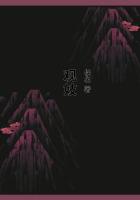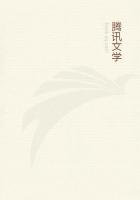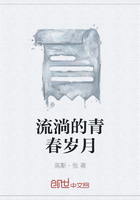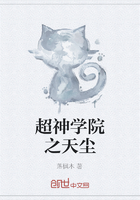Wet, famine, ague, fever, storm, wreck, wrath, -We have so play'd the coward; but by God's grace, We'll follow Philip's leading, and set up The Holy Office here--garner the wheat, And burn the tares with unquenchable fire!"The conclusion, in the acting edition, printed in the Biography, appears to be an improvement on that in the text as originally published. Unhappy as the drama essentially is, the welcome which Mr Browning gave both to the published work and to the acted play--"a complete success": "conception, execution, the whole and the parts, I see nowhere the shadow of a fault"--offers "relief" in actual human nature. "He is the greatest-brained poet in England," Tennyson said, on a later occasion. "Violets fade, he has given me a crown of gold."Before writing Harold (1876) the poet "studied many recent plays,"and re-read AEschylus and Sophocles. For history he went to the Bayeux tapestry, the Roman de Rou, Lord Lytton, and Freeman.
Students of a recent controversy will observe that, following Freeman, he retains the famous palisade, so grievously battered by the axe-strokes of Mr Horace Round. Harold is a piece more compressed, and much more in accordance with the traditions of the drama, than Queen Mary. The topic is tragic indeed: the sorrow being that of a great man, a great king, the bulwark of a people that fell with his fall. Moreover, as the topic is treated, the play is rich in the irony usually associated with the name of Sophocles.
Victory comes before a fall. Harold, like Antigone, is torn between two duties--his oath and the claims of his country. His ruin comes from what Aristotle would call his [Greek text which cannot be reproduced], his fault in swearing the oath to William. The hero himself; recking little, after a superstitious moment, of the concealed relics over which he swore, deems his offence to lie in swearing a vow which he never meant to keep. The persuasions which urge him to this course are admirably presented: England, Edith, his brother's *******, were at stake. Casuistry, or even law, would have absolved him easily; an oath taken under duresse is of no avail. But Harold's "honour rooted in dishonour stood," and he cannot so readily absolve himself. Bruce and the bishops who stood by Bruce had no such scruples: they perjured themselves often, on the most sacred relics, especially the bishops. But Harold rises above the mediaeval and magical conception of the oath, and goes to his doom conscious of a stain on his honour, of which only a deeper stain, that of falseness to his country, could make him clean. This is a truly tragic stroke of destiny. The hero's character is admirably noble, patient, and ******. The Confessor also is as true in art as to history, and his vision of the fall and rise of England is a noble passage. In Aldwyth we have something of Vivien, with a grain of conscience, and the part of Edith Swan's-neck has a restrained and classic pathos in contrast with the melancholy of Wulfnoth. The piece, as the poet said, is a "tragedy of doom," of deepening and darkening omens, as in the Odyssey and Njal's Saga. The battle scene, with the choruses of the monks, makes a noble close.
FitzGerald remained loyal, but it was to "a fairy Prince who came from other skies than these rainy ones," and "the wretched critics,"as G. H. Lewes called them, seem to have been unfriendly. In fact (besides the innate wretchedness of all critics), they grudged the time and labour given to the drama, in an undramatic age. Harold had not what FitzGerald called "the old champagne flavour" of the vintage of 1842.
Becket was begun in 1876, printed in 1879, and published in 1884.
Before that date, in 1880, Tennyson produced one of the volumes of poetry which was more welcome than a play to most of his admirers.
The intervening years passed in the Isle of Wight, at Aldworth, in town, and in summer tours, were of no marked biographical interest.
The poet was close on three score and ten--he reached that limit in 1879. The days darkened around him, as darken they must: in the spring of 1879 he lost his favourite brother, himself a poet of original genius, Charles Tennyson Turner. In May of the same year he published The Lover's Tale, which has been treated here among his earliest works. His hours, and (to some extent) his meals, were regulated by Sir Andrew Clark. He planted trees, walked, read, loitered in his garden, and kept up his old friendships, while he made that of the great Gordon. Compliments passed between him and Victor Hugo, who had entertained Lionel Tennyson in Paris, and wrote:

